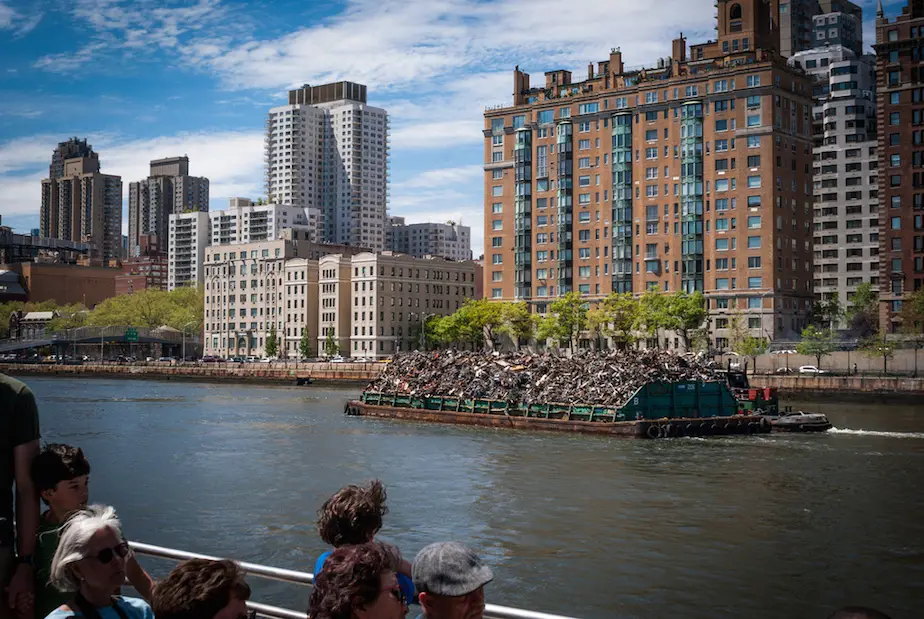About two weeks ago, the City of Bogotá officially announced its action plan to get its own world-class bicycle sharing system up and running. With a population of nearly 9 million inhabitants, and a city GDP per capita of roughly US$8,000 a year, the iconic capital of sustainable transport has experienced an enormous growth in car and motorcycle ownership over the past few years. In fact, a recent household survey shows that almost 12 million trips are made every day of which 14% are clearly identified as private car commutes, more than double that of ten years ago.
However, pedestrian, bicycle, and public transit commuters still represent approximately 75% of the city’s daily trips. Therefore, in order to supply the last mile trips, to connect with the mass transportation system TransMilenio, to efficiently generate modal shift, to promote non-polluting means of transport, and to take good care of public health, the Municipality has finally decided to move forwards with the implementation of its public use bicycle program.
Bogotá’s bike sharing system has been conceived from the earliest designs stage to be completely flexible. It will initially consist of 113 self-contained modular stations that do not require dedicated infrastructure and can be easily move around if necessary, plus 1,454 aluminum frame bicycles – GPS equipped and robust enough to withstand all kinds of road conditions – with an estimated ridership of 12,000 users a day covering an area of 12.6 square kilometers.
It will also use advanced technology with monitors and keypads at the stations while credit or debit card will be required to access and check out the bicycles. Designed for rapid turnover, the bicycles will be free to use for the first 30 minutes with an annual, monthly, and weekly subscriptions available for users, as has become the typical pricing model for similar schemes in cities across the globe.
Bogotá’s bike sharing system will not be city-owned. Instead, it will be operated by a private contractor through a six year concession expecting that all operating cost can be funded via advertising and user fees.
Taking into account several study cases such as Paris, Barcelona, Washington D.C., and New York, amongst others, the system will also provide jobs for local youths and other vulnerable communities, aiming to create social inclusion and sense of belonging through the role of performing daily network maintenance.
Hoping that local attitudes towards cyclists and bicycle infrastructure are going to change, to tackle global warning issues, to calm traffic, to improve quality of life, and to make the city more productive, Bogotá has chosen a third generation bicycle sharing system for better.
Andrés Jara-Moreno is a Political scientist specializing in international relations and conflict resolution.
Photos: Random Institute


